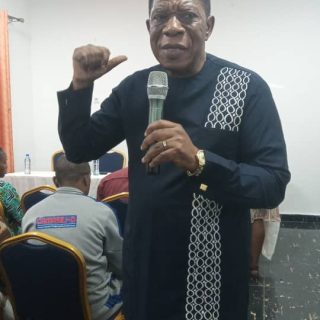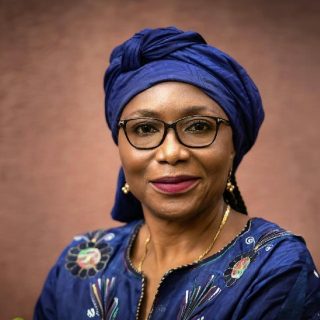ISSA TCHIROMA’S Lawyer, JAMAL TALED, And Others, Have Been Threatening To Drag President BIYA, To The International Criminal Court, ICC , Over Post – Election Crisis
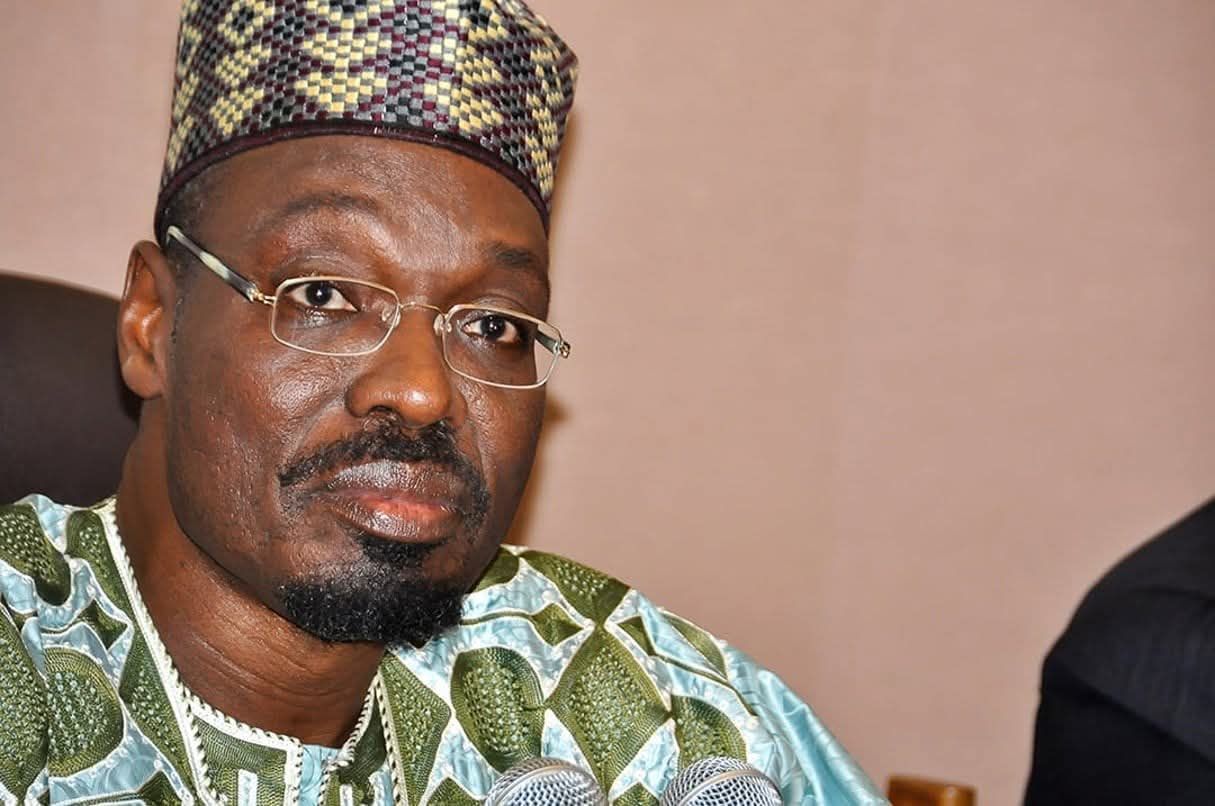
But The Truth Is That Since Cameroon Is Not A Member Of The ICC, Only The UN Security Council Can Take A Decision That ICC Should Go After President BIYA Or Any Cameroonian, For Alleged Crimes Against Humanity Or War Crimes, Committed In Cameroon. How Some Collaborators of BIYA, Scared Him Off The Idea Of Cameroon Becoming A Member of ICC.
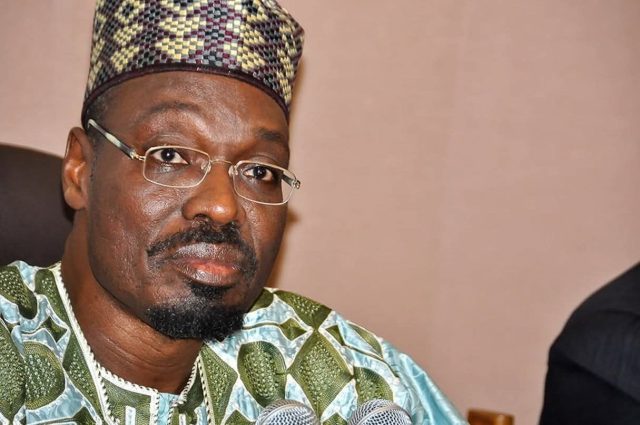
Mauritanian born lawyer, Jamal Taled, of Diamatis Law Firm, which is a legal counsel of Cameroonian born, Issa Tchiroma Bakary, the FSNC leader and candidate at the October 12, 2025 presidential election that proclaimed himself winner, has been trying to talk tough, threatening to drag President Paul Biya to the International Criminal Court, ICC, over the post –election crisis in Cameroon. He accuses the Biya regime to have committed crimes against humanity. There have also been several similar accusations and threats against President Biya on the social media, by some supporters, or members of the camp of Issa Tchiroma Bakary, since the October 12, 2025 presidential election. But the fact is that all these are unrealistic threats, either meant to deceive or manipulate the public like is certainly the case with the lawyer, Jamal Taled, or it is being said out of ignorance by some of those that have been posting such threats on the social media.
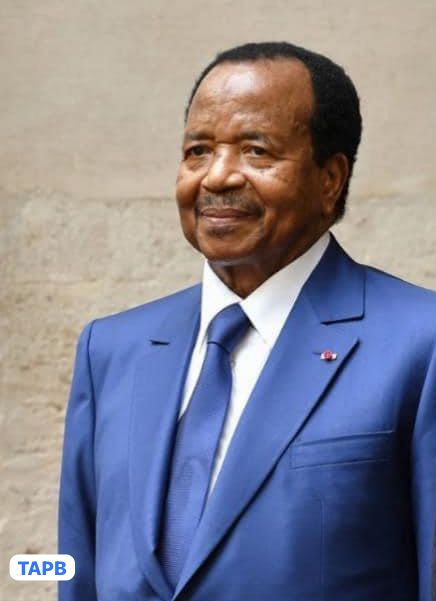
The fact is that Cameroon is not a member of the International Criminal Court. And so only the Security Council of the United Nations has the power or authority, to take a decision to drag President Biya or any member of hiw regime, or even any Cameroonian, to the ICC, for alleged crime against humanity, or war crime, committed in Cameroon. And so Issa Tchiroma’s lawyer , Jamal Taled, or whoever, cannot drag President Biya or any member the regime, or even any Cameroonian, for an act committed or allegedly committed in Cameroon, to the ICC. The interest of The Mentor News here is only to led the public know the truth on this issue, where there seems to be lots of disinformation.
The Mentor News Said Same Last Year, About Threats To Drags Some Separatist Leaders To ICC
It would be recalled that The Mentor News did same In September 2024, when the Norway based leader of the Ambazonia Defense Force, ADF, Ayaba Cho Lucas, was arrested and charged for incitement to crimes against humanity. There were lots of talks the on the social media and beyond, that Ayaba was to be sent to The Hague, precisely to ICC, and that some other separatist leaders at home and in the diaspora, were also to be dragged to the ICC. The Mentor News, though strongly against the atrocities committed against the civilian population, in the two Anglophone Regions in Cameroon by some separatist groups or fighters, however came out and stated the facts that the Cameroon Government, any group or person, could not drag any separatist leader or fighter to the ICC, because Cameron was not a member of the ICC.
This is an excerpt of the article that The Mentor News published then: “ICC cannot on its own decide to take up the Ayaba Cho case, though his indictment has to do with alleged crimes against humanity. Even though Ayaba Cho is based in Norway, the crime he allegedly incited, took places in Cameroon, which is not a member of the ICC. In such a situation, only a resolution or decision of the UN Security Council can, authorize or empower the ICC to take up a case of alleged crime against humanity, committed in Cameroon. For one thing too, ICC does not depend only on the complaint filed against somebody for alleged crime against humanity. ICC often sends investigators to the field, to check the veracity of a complaint of crimes against humanity or war crimes, filed with the court. But in a case like Cameroon which is not a member of the ICC, the court cannot send investigators to the country”.
THE CAMEROON GOV’T SUPPORTED THE CREATION OF ICC IN 1998. BUT IRONICALLY ENOUGH, THE REGIME HAS SO FAR BEEN RUNNING AWAY FROM SIGNING THE DOCEMENTS, FOR CAMEROON TO BECOME A MEMBER OF THE ICC.

The Creation Of The ICC
Though there is often much talk about the International Criminal Court, ICC, located at the The Hague, it is not really an old institution. The one which is an old institution is the International Court of Justice, ICJ, which was already in existence before 1960 when Cameroon (French part) gained its independence. As for the ICC, It was created in 1998 in the Italian capital, Rome. It should be noted that a total of 60 countries that are members of the UN, were required to sign the treaty for the creation of ICC. Interestingly enough, Cameroon was among the 60 countries that signed what became known as the Rome Treaty, to create the ICC. It was called the Rome Treaty simply because the international meetings to create the ICC held in Rome, the capital of Italy.
This is important to point out, because there are many Cameroonians that when they hear the name, Rome, they immediately see a link to the Catholic Church or the Vatican. Worth noting that while the small Vatican State is in Rome, part of Rome is also the capital of Italy.
Unlike A Large majority Of African Countries, Cameroon Has Not Ratified The Rome Treaty
Meanwhile, after the creation of the ICC in 1998, with the signing of the Rome Treaty, then follow the call to deposit the instrument of the ratification of the Statute of the ICC. Like all international treaties, it needed that countries should independently ratify the instrument of the Rome Statute, to become member States of the ICC, or better still, to become State Parties to the Rome Statute of the ICC.
The ratification of the instrument of the Rome Statute of the ICC by States, started the following year after the creation of the international Criminal Court. That is 1999. It was of course not surprising that Italy was among the countries that ratified the Rome Statute of the ICC in that 1999. Interestingly enough, an African country, Senegal, was among the countries that ratified the Rome Statute of the ICC in 1999.
The following year, 2000, six other African countries came onboard the train by ratifying the instrument of the Rome Statute of the ICC. They included Botswana, Lesotho, Mali, Sierra Leone, South Africa and one of Cameroon’s neighbours, Gabon. A total of 30 African countries ratified the Rome Statue within the first 10 years, that is, from 1999 – 2009. Today almost all African countries, South of the Sahara, have ratified the Rome Statute.
But as for Cameroon, the Biya Government after signing the Rome Treaty, for the ICC to be created, has despite both lobbies and pressure by the Coalition of the International Criminal Court (CICC), has persistently failed to deposit the instrument of ratification, to ratify the Rome Statute. So till date, THE REPUBLIC OF CAMEROON IS NOT A MEMBER OF THE INTERNATIONAL CRIMINAL COURT. That is, Cameroon is not a State Party to the Rome Statute of the International Criminal Court.
Cameroon Gov’t Cannot Report Any Matter To ICC
![]()
As a result of the failure by Cameroon to deposit its instrument of ratification of the Rome Statute of the ICC, even the Cameroon Government cannot report any matter to the ICC. So even if for example the Cameroon Government today identifies some foreign money bags or groups as being the sponsors of the terrorist group, Boko Harm, that is slaughtering Cameroonians, looting and destroying properties, in the Far North Region of the country; and which are acts that constitute crimes against humanity, the Government cannot report the matter to the ICC since the country is not a member of the court. Cameroon not having ratified the Rome Statute of the ICC also means that the ICC cannot take a decision or an initiative to intervene in Cameroon.
So the ICC cannot on its own open any investigation on alleged crimes against humanity, or an alleged war crime committed in Cameroon. ICC cannot also ask Cameroon to arrest and handover anybody living or hiding in Cameroon. ICC cannot also ask the Cameroon Government to arrest a foreign personality, on a visit to Cameroon, that the court has issued a warrant for his or her arrest, though the Court will be appreciative, if the Cameroon Government takes the initiative to do that. Cameroon also cannot file a complaint with the ICC.
However ICC Can Still Intervene In Cameroon
Meanwhile, it is important to note that while the International Criminal Court cannot on its own take the decision to intervene in a country like Cameroon, that has not ratified the Rome Statute of the court, there is however a possibility by which it can open investigation in a country like Cameroon that has not ratified its Statute, or better still, that is not a member of the court. This can happen with the adoption of a resolution by the United Nations. The United Nations Security Council, UNSC, to be precise, has the power to adopt a resolution to authorize the ICC to intervene in a State that has not ratified the Rome Statute of the court.
An example of such a case happened in 2011 concerning Libya, a State that was not a party to the Rome Statute of the ICC, and thus not a member county of the ICC. The UN Security Council, UNSC, on February 26, 2011 adopted Resolution 1970 (2011) that referred the situation in Libya at that time, to the ICC. On March 3, 2011, the then ICC Prosecutor, announced that the court was opening a formal investigation into the situation in Libya.
Veto Power In The UN Security Council

It should however be noted that the Libyan case was only the second time ever in the history of the UN Security Council to adopt such a resolution. Thus such a situation is rare. It is not easy to get such a resolution adopted by the UN Security Council, where some members have veto powers as well as opposing interests. It will for example be very difficult, if not impossible today, to drag President Biya or a member of his regime to the ICC through the UN Security Council, when friendly countries like Russia and China, and to an extent, France, have veto powers. For one thing, one of these countries will likely veto any of such draft resolution, brought before the Security Council for adoption.
A Cameroonian Cannot Also Be Judge At ICC
Meanwhile, there are quite a number of things that Cameroon and its citizens are losing because of the country’s non- ratification of the Rome Statute of the International Criminal Court. For example, a Cameroonian cannot be employed by the ICC, especially to a top post like judge, because the country is not a party to the Rome Statute of the court, and is thus not a member country of the Court. That was why for example Cameroonian born legal expert, Prof Maurice Kamto, missed a big job at the ICC. His CV was highly appreciated, but he was told that his country, Cameroon, was not a member of the ICC, and so a Cameroonian could not be employed at the top post at the ICC.
Cameroon And Equatorial Guinea
As regard the Central African Sub – Region, it is so ignominious that Cameroon is one of the only two countries in the sub –region that has till date been running away from ratifying the Rome Statute of the ICC, or running away from becoming a member of the ICC. On the other hand, it is not a surprise that the other country is Equatorial Guinea, whose President , Teodoro Obiang Nguema Mbasogo, has been in power since 1979, and is the longest serving President in Africa. President Paul Biya of Cameroon closely follows, having being in power since 1982.
Worthy of note that Gabon ratified the Rome Statute of the ICC on September 20, 2000, the Central African Republic (CAR) ratified the Rome Statute on October 3, 2001, Congo Brazzaville ratified it on May 3, 2004, and Chad did it on November 1, 2006 under the then President, Filed Marshal Idris Derby Itno.
Some Collaborators Of Biya Advised Him Against Cameroon Becoming A Member Of ICC
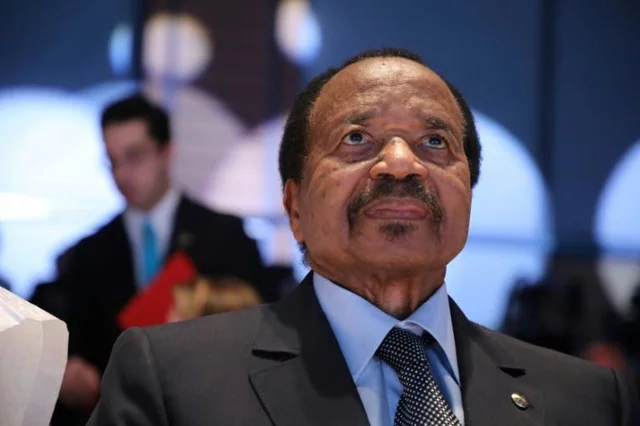
Some 10 years, a branch of the Coalition of the International Criminal Court, CICC, was created in Cameroon headed by Douala based international lawyer, Barrister Roland Abeng, to lobby the Government, precisely President Biya, to ratify the Rome Statute of the ICC, for Cameroon to become a member of the Court. At one point, the President of CICC for Africa, made an official visit to Cameroon, and together with Barrister Abeng met some members of Government, on the issue of Cameroon not having ratified the Rome Statute of the ICC, for the country to become a member of the Court. They were given all the assurances of how President Biya was close to giving instruction for Cameroon to ratify the Rome Statute of the ICC. That was in fact not true.
The fact rather, was that the Biya Government was divided on the issue. Some close collaborators of President Biya, who were strongly against Cameroon becoming a member of the ICC, reportedly advised the President against the ratification of the Rome Treaty. They told President Biya that if Cameroon became a member of the ICC, one day the opposition or a new Government that happens to come to power, may with the complicity of some Western governments against him, drag him to the ICC on accusation of allege crimes against humanity . President Biya reportedly got scared, and up till today, Cameroon has not ratified the Rome Statute, for Cameroon to become a member of the ICC.


